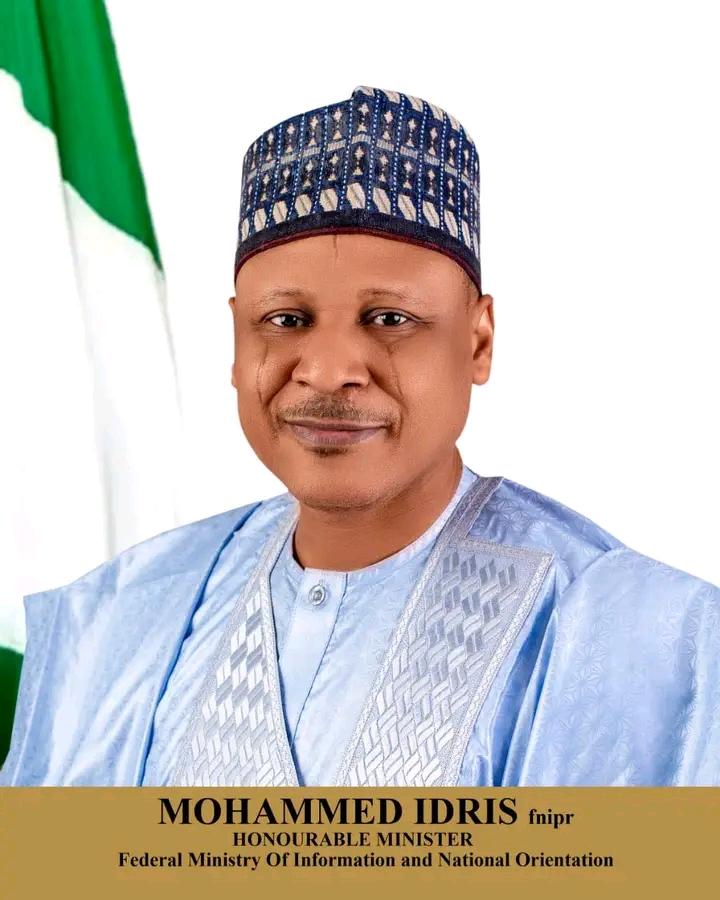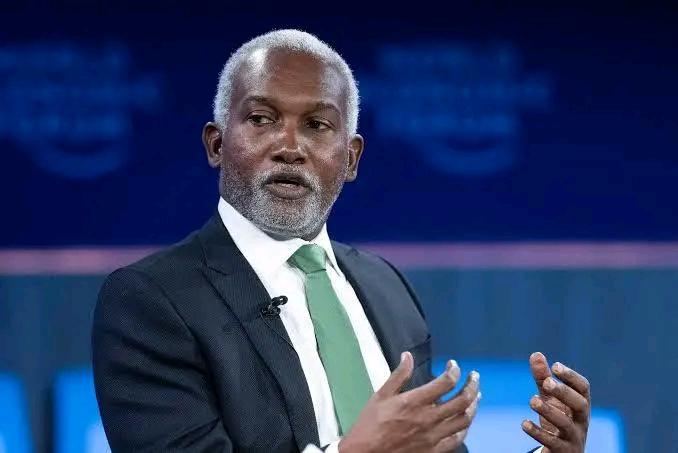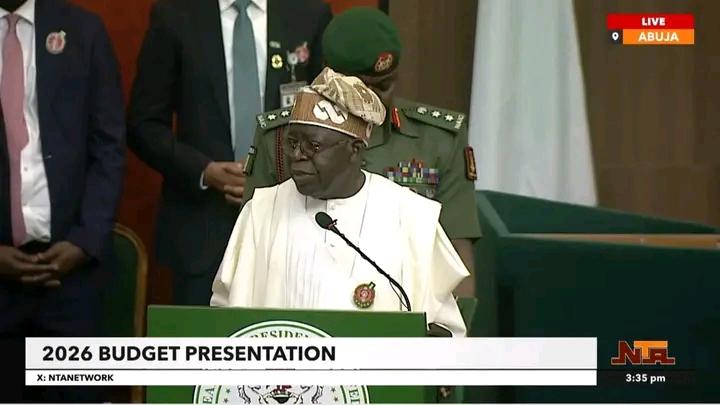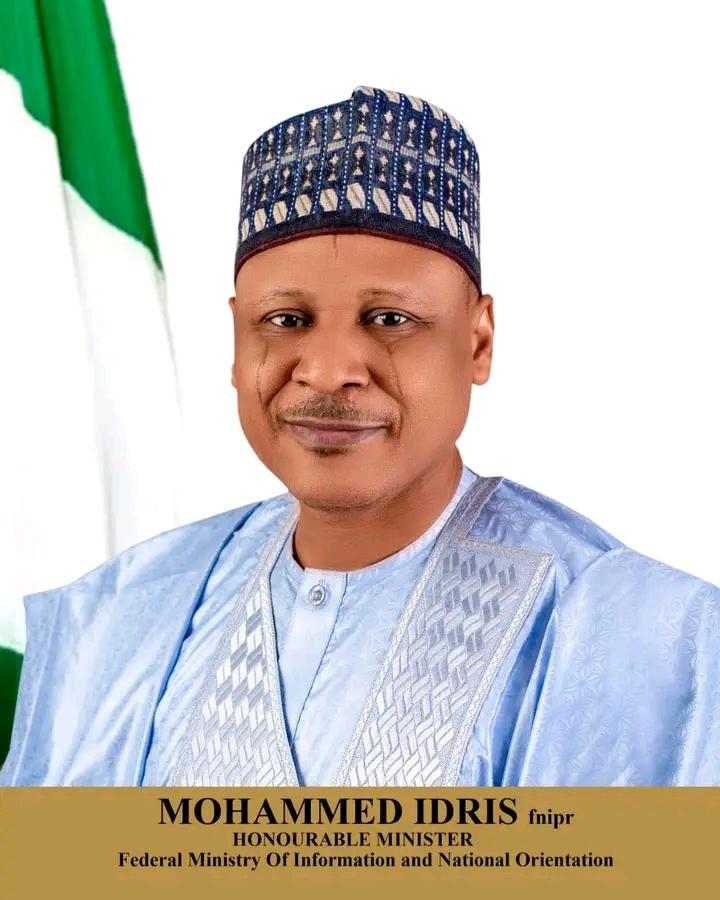New Tax Law 2026: Simple and Legal Bank Transfer Narrations Nigerians Can Use to Avoid Overpaying Tax as FG Begins Digital Monitoring
As Nigeria prepares to roll out a new tax regime in January 2026, financial experts are urging Nigerians to pay closer attention to how they describe bank transfers. The federal government plans to rely more on digital banking data to improve tax compliance, meaning bank transfer narrations could play a key role in determining whether funds are classified as taxable income.
Tax consultants explain that tax is charged mainly on income earned from services or business activities. When bank transfer narrations are vague or misleading, such transactions may be flagged as income, potentially leading to higher tax liabilities, audits, or penalties during annual filings. Using clear, accurate, and honest descriptions helps ensure individuals only pay tax when it is legally required.
To guide Nigerians, experts recommend simple and lawful narrations such as “Gift/Family support” for personal gifts, “Refund/Reimbursement” for returned money, “Personal transfer” for moving one’s own funds, “Loan received” for borrowed money, and “Capital contribution” when injecting personal funds into a business. For business transactions, describing the exact goods or services sold is advised.
However, Taiwo Oyedele, Chairman of the Presidential Fiscal Policy and Tax Reforms Committee, clarified that banks will not automatically deduct money from accounts regardless of narration. He stressed that Nigerians will still declare their income themselves at year-end, adding that the reform is meant to promote awareness and fairness, not to impose hidden taxes.
The government also dismissed widespread fears surrounding the new tax law, noting that low-income earners, gifts, remittances, pensions, and Nigerians in the diaspora remain exempt. Overall, the reform is positioned as a move to reduce the tax burden on vulnerable groups, strengthen compliance, and stimulate economic growth—making accurate bank transfer narrations an important habit for Nigerians ahead of 2026.
As Nigeria prepares to roll out a new tax regime in January 2026, financial experts are urging Nigerians to pay closer attention to how they describe bank transfers. The federal government plans to rely more on digital banking data to improve tax compliance, meaning bank transfer narrations could play a key role in determining whether funds are classified as taxable income.
Tax consultants explain that tax is charged mainly on income earned from services or business activities. When bank transfer narrations are vague or misleading, such transactions may be flagged as income, potentially leading to higher tax liabilities, audits, or penalties during annual filings. Using clear, accurate, and honest descriptions helps ensure individuals only pay tax when it is legally required.
To guide Nigerians, experts recommend simple and lawful narrations such as “Gift/Family support” for personal gifts, “Refund/Reimbursement” for returned money, “Personal transfer” for moving one’s own funds, “Loan received” for borrowed money, and “Capital contribution” when injecting personal funds into a business. For business transactions, describing the exact goods or services sold is advised.
However, Taiwo Oyedele, Chairman of the Presidential Fiscal Policy and Tax Reforms Committee, clarified that banks will not automatically deduct money from accounts regardless of narration. He stressed that Nigerians will still declare their income themselves at year-end, adding that the reform is meant to promote awareness and fairness, not to impose hidden taxes.
The government also dismissed widespread fears surrounding the new tax law, noting that low-income earners, gifts, remittances, pensions, and Nigerians in the diaspora remain exempt. Overall, the reform is positioned as a move to reduce the tax burden on vulnerable groups, strengthen compliance, and stimulate economic growth—making accurate bank transfer narrations an important habit for Nigerians ahead of 2026.
New Tax Law 2026: Simple and Legal Bank Transfer Narrations Nigerians Can Use to Avoid Overpaying Tax as FG Begins Digital Monitoring
As Nigeria prepares to roll out a new tax regime in January 2026, financial experts are urging Nigerians to pay closer attention to how they describe bank transfers. The federal government plans to rely more on digital banking data to improve tax compliance, meaning bank transfer narrations could play a key role in determining whether funds are classified as taxable income.
Tax consultants explain that tax is charged mainly on income earned from services or business activities. When bank transfer narrations are vague or misleading, such transactions may be flagged as income, potentially leading to higher tax liabilities, audits, or penalties during annual filings. Using clear, accurate, and honest descriptions helps ensure individuals only pay tax when it is legally required.
To guide Nigerians, experts recommend simple and lawful narrations such as “Gift/Family support” for personal gifts, “Refund/Reimbursement” for returned money, “Personal transfer” for moving one’s own funds, “Loan received” for borrowed money, and “Capital contribution” when injecting personal funds into a business. For business transactions, describing the exact goods or services sold is advised.
However, Taiwo Oyedele, Chairman of the Presidential Fiscal Policy and Tax Reforms Committee, clarified that banks will not automatically deduct money from accounts regardless of narration. He stressed that Nigerians will still declare their income themselves at year-end, adding that the reform is meant to promote awareness and fairness, not to impose hidden taxes.
The government also dismissed widespread fears surrounding the new tax law, noting that low-income earners, gifts, remittances, pensions, and Nigerians in the diaspora remain exempt. Overall, the reform is positioned as a move to reduce the tax burden on vulnerable groups, strengthen compliance, and stimulate economic growth—making accurate bank transfer narrations an important habit for Nigerians ahead of 2026.
0 Comments
·0 Shares
·102 Views























